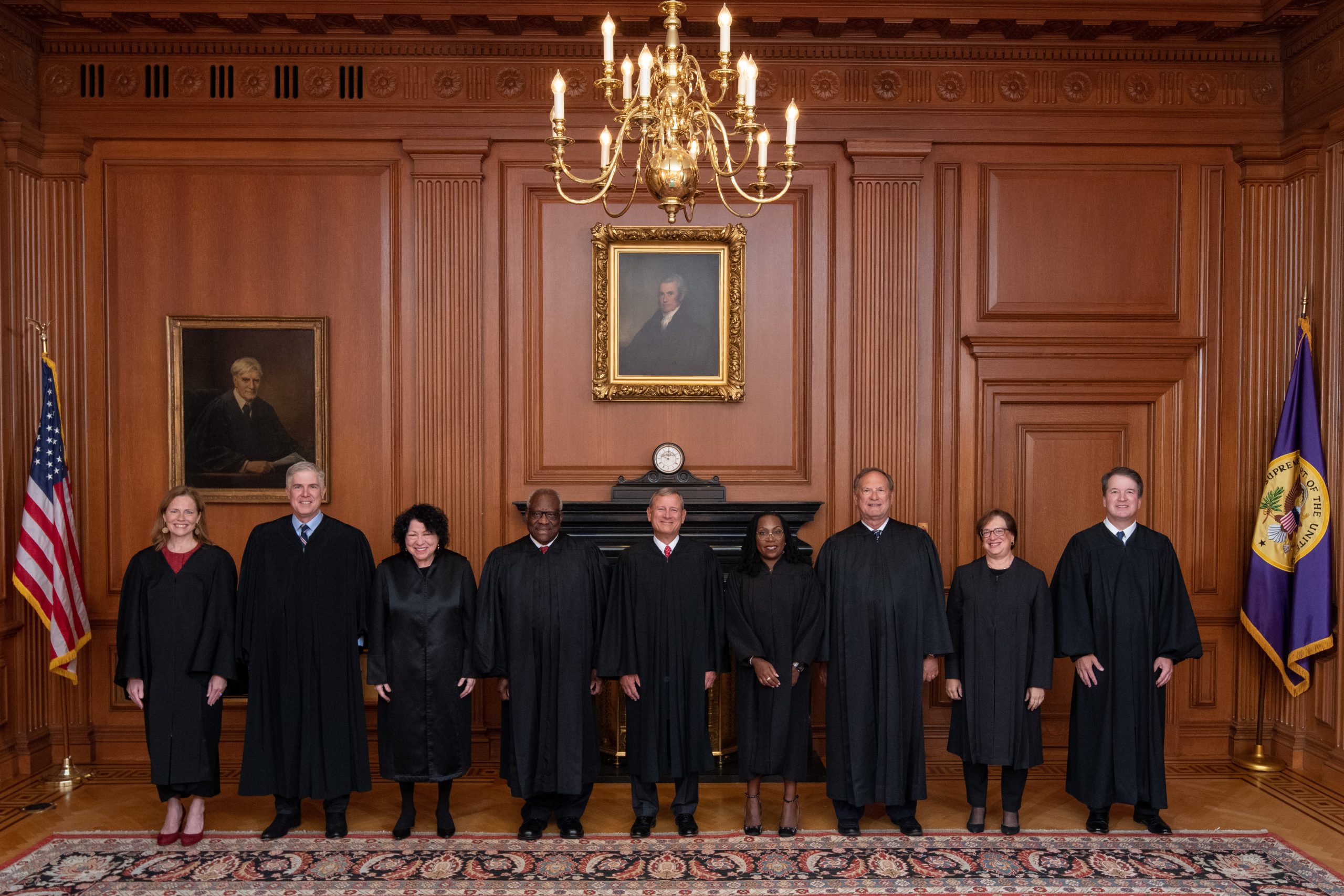Supreme Court Not So "Exceptional" It Can't Have Ethics Rules
By Pranita Balusu, FTC law clerk
In a paper posted in the Federalist Society Review this fall, North Dakota Law Prof. Michael McGinniss’ asserts that Congress does not have the authority to regulate the Supreme Court’s ethical conduct.
We disagree, and here’s why:
 McGinniss bases his argument in the Court’s “exceptionalism.” That’s where he also bases his argument for why the recent, unenforceable Code of Conduct is appropriate and sufficient. The Court is unique, he writes, in that it sees a “broad scope of cases” that have a “nationwide impact.” These “higher stakes and larger consequences” of the Court’s decisions make it particularly important to preserve the Court’s judicial independence. Moreover, Article III, Section One of the Constitution explicitly creates “one Supreme Court, and in such inferior Courts as the Congress may from time to time ordain and establish.” Thus, the existence of the Court is not dependent on an act of Congress.
McGinniss bases his argument in the Court’s “exceptionalism.” That’s where he also bases his argument for why the recent, unenforceable Code of Conduct is appropriate and sufficient. The Court is unique, he writes, in that it sees a “broad scope of cases” that have a “nationwide impact.” These “higher stakes and larger consequences” of the Court’s decisions make it particularly important to preserve the Court’s judicial independence. Moreover, Article III, Section One of the Constitution explicitly creates “one Supreme Court, and in such inferior Courts as the Congress may from time to time ordain and establish.” Thus, the existence of the Court is not dependent on an act of Congress.
While I don’t deny this — Congress does not possess the authority to completely eliminate the Court or the judicial branch — the administration and operation of the Court absolutely do fall under Congress’ purview (unless I missed the entire constitutional article laying out exactly what a “one Supreme Court” entails).
The Constitution specifically gives Congress powers over impeachment and appellate jurisdiction, which McGinniss takes to mean that the Constitution denies Congress power over everything else (“to state the one is to exclude the other”). But to this I would respond: why do we have nine justices? Why are justices allowed law clerks? Who appropriates the Court’s annual budget?
The article details historical legislation over judiciary ethics while conveniently ignoring legislation over countless other matters related to the Court’s administration that have fallen under Congress’ Necessary and Proper powers. Why should ethics be different?
McGinniss says judicial ethics should be exclusively managed by the judicial branch in order to maintain judicial independence. So what is judicial independence, which McGinniss is so convinced would be undermined by externally enforced ethics? Independence, he writes, can be thought of as decisional independence, i.e., “the ability of an individual judge to render a decision in the absence of political pressures,” and institutional independence, i.e., “the structural autonomy of the judicial branch as a coequal branch of government.” McGinniss says that the current debate on enforceable ethics is over whether decisional independence is best served (a) through preservation of institutional independence or (b) through external regulation that increases the public’s trust in the Court. I say that this is a false dichotomy.
So now our question is: would an enforceable code of ethics undermine the Court’s ability to manage its own affairs? Of course not — particularly if ethics violations were adjudicated not by Congress but by a committee of senior judges as we’re proposing.
Instead, I believe it would strengthen the Court’s independence and protect the justices from ideological attacks, as McGinniss is particularly concerned about.
Assuming that in the absence of enforceable ethics the justices are insulated from political pressures is mistaken. As McGinniss himself details, justices have in recent years been subject to requests from congresspeople and scrutiny by the media and public. While their jobs are protected, of course, all this has led to lower trust in the Court than ever before. Enforceable ethics could serve as a positive tool for the justices in the face of these claims.
With complaints made against lower court judges, 98-99 percent are ultimately dismissed. In a similar vein, I would think that vindication by a judicial council would help protect the justices and thus weaken any ideologically-motivated attacks on perceived ethics transgressions, strengthening judicial independence.
Regardless of the specific process adopted, to claim outright that Congress cannot and should not attempt to enforce Court ethics is unsupported. In the pursuit of judicial independence, to give undue preference to separation of powers over checks and balances is unfounded. In fact, the “higher stakes and larger consequences” make ethical guardrails particularly important in the pursuit of sound decision-making.